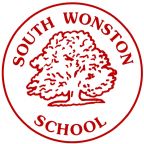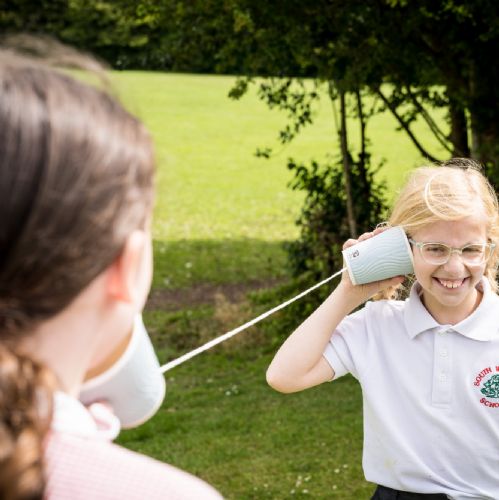Science
What does Science look like at South Wonston?
Intent:
At South Wonston, we believe that science is a vital part of our pupil’s learning as such, we aim to provide a high-quality science education embedded through meaningful and memorable learning experiences. We intend to provide all pupils with the key skills and knowledge required to support their understanding of scientific concepts and the world around them. This will help them to recognise the importance of science in their everyday lives.
At South Wonston, we want our children to be confident, reflective, and critical scientists. Pupils should therefore be driven by curiosity and genuine personal excitement. Our broad and balanced science curriculum will be delivered and embedded through interactive, engaging, and informative learning opportunities and will provide pupils with skills and key foundational knowledge and concepts they will need to become effective scientists. Through development of pupil metacognition and independence, we aim to enable children to make sense of and explain natural phenomena and occurrences, predict how things will behave, and analyse cause and effect. To support this, children will be encouraged to examine the world around them by asking a range important questions (i.e. why, how, what if..).
We recognise that science is vital to the world’s future prosperity and, being in Winchester, children from South Wonston School will have access to a wealth of higher learning opportunities. They will also have a broad choice of diverse career opportunities within science-based disciplines such as medicine, engineering, scientific research. Our aim is to provide our pupils with the building blocks they need to be able to access these opportunities in the future and prepare our children for life in an increasingly scientific and technological world.
Implementation:
Science at South Wonston Primary School follows the National Curriculum sequence and content. We use the CUSP method of retrieval studies to ensure long-term retention of foundational knowledge. We aim for our pupils to become ‘a little more expert’ as they progress through the curriculum, accumulating, connecting and making sense of the rich substantive and disciplinary knowledge. We believe that subject knowledge and explicit vocabulary is crucial, as well as working scientifically by collecting, measuring, comparing observing, interpreting and evaluating the evidence from scientific processes.
At South Wonston, we follow the clear and effective schemes of work from CUSP. We follow a two year cycle, where our Science is organised into three distinct subject domains: biology, physics and chemistry. It is cemented in the EYFS through learning within the Natural World, and People, Culture and Communities
Science is planned so that the retention of knowledge is much more than just ‘in the moment knowledge’. We use retrieval and spaced retrieval practice, word building and deliberate practice tasks in every lesson.
Strong starts and reference lessons begin each unit of work. These lessons help pupils to think and become more like a scientist through practising working scientifically before they engage fully with the content. At the beginning of each unit of work, a knowledge organiser is shared and stored in pupil’s books. During each weekly lesson, knowledge notes are additionally used and are a point of reference throughout the lesson. At the end of each lesson, a quiz is used to support teachers formative assessments. Learning is recorded on ‘Tapestry’ at the EYFS, class floor books at KS1 and individual exercise books at KS2. We encourage school trips which are linked to our Science curriculum and the opportunity for frequent practical “hands on” lessons. We have an extensive source of science equipment and resources to support our lessons.
Impact:
By the time our pupils leave South Wonston they will have developed and refined a wide variety of skills linked to both scientific knowledge and understanding, as well as scientific enquiry/investigative skills. Our children would have experienced meaningful, memorable learning experiences and understanding of their local area, science related industry and careers. The impact of our curriculum will give our children a rich vocabulary which will enable them to articulate their understanding of taught concepts; it will also support our children to achieve their personal best so that they have high aspirations, which will see them through to further study, work and a successful adult life.

